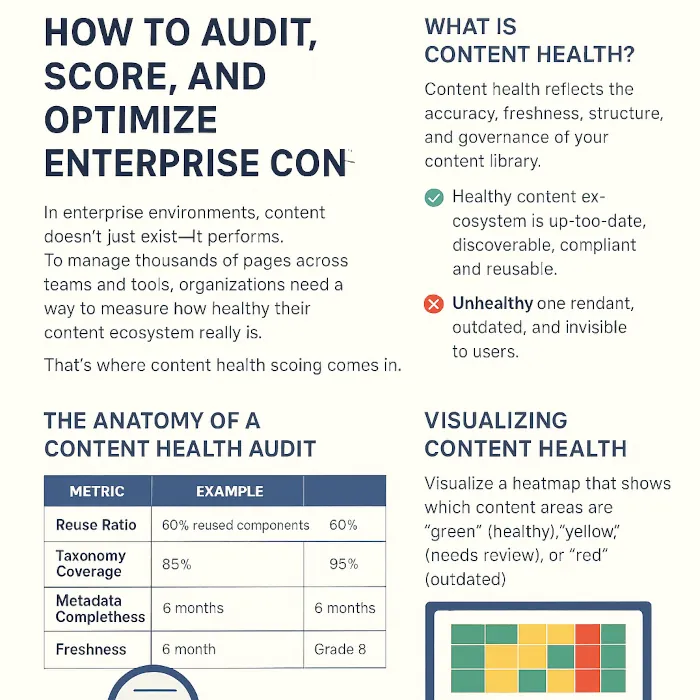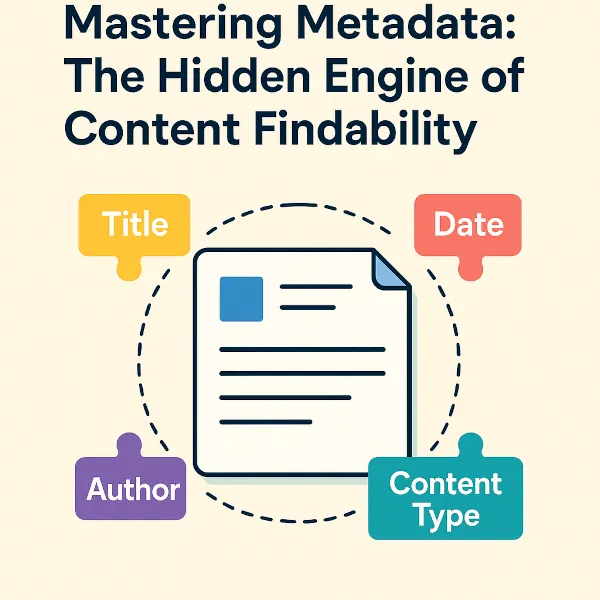Understanding Deep Seek’s Recent Privacy and Security Concerns
ChatGPT Plus (not Pro, of course) users eagerly await the next big deep search feature, but Deep Seek has found another way to keep us entertained—by allegedly hoarding sensitive government and personal data like rare trading cards. In an era where every AI misstep faces intense scrutiny, Deep Seek’s latest controversy isn’t about weak encryption. It’s about data privacy, surveillance fears, and a growing wave of lawmakers pushing to ban it from government devices.
Deep Seek’s Data Privacy Debacle: Not Your Average Breach
Once celebrated for its advanced AI-powered search value, Deep Seek now finds itself in hot water. And for reasons far more concerning than technical glitches. Reports have surfaced alleging that Deep Seek has been covertly acquiring sensitive government and personal data. Hence, igniting fears that the platform might be an unwitting—or perhaps too willing—participant in Chinese surveillance operations. With every sensitive byte collected, critics argue that the system isn’t just failing to protect privacy; it’s actively jeopardizing it.
Lawmakers have taken notice, scrutinizing how Deep Seek’s data practices could be enabling unauthorized access to highly confidential information. This isn’t a case of routine data management gone awry. It’s a scenario where the acquisition of sensitive data could have far-reaching consequences for national security and personal privacy alike.
Government Concerns: A Ban on the Horizon?
The stakes are exceptionally high when it comes to government devices. US lawmakers are now eyeing a potential ban on Deep Seek for governmental use. Fueling concerns that the platform might serve as a backdoor for Chinese surveillance. When the tools meant to aid government operations risk becoming conduits for espionage, it’s little wonder that officials are calling for decisive action.
The potential fallout from allowing a system with such controversial data practices into sensitive networks is immense. Government agencies, bound by strict privacy and security regulations, are increasingly reluctant to risk their operational integrity on a platform whose data acquisition methods are under intense scrutiny. In this climate, Deep Seek’s future in the public sector appears highly uncertain.

Ripple Effects Across the AI and Search Landscape
Deep Seek’s troubles extend beyond government devices, shaking the entire AI and search technology industry. The controversy delivers a clear lesson: innovation must go hand in hand with strong data privacy protections.
For both startups and tech giants, the heightened scrutiny serves as a sharp reminder—user trust depends on transparency and ethical data practices. Companies can’t just showcase their technology; they must also prove their commitment to protecting sensitive information. With privacy concerns at the forefront, this scandal could redefine industry standards and shift user expectations.
ChatGPT’s Deep Search: OpenAI’s Balancing Act
Amidst this turbulent backdrop, all eyes are on OpenAI and its forthcoming deep search feature for ChatGPT. As chatter around chatgp intensifies, OpenAI faces the dual challenge of innovating while ensuring ironclad data privacy. Learning from Deep Seek’s misadventures, OpenAI is expected to leave no stone unturned in safeguarding sensitive government and personal data.
Transparency is now more crucial than ever. OpenAI must clearly articulate how its deep search functionality will avoid the pitfalls that have ensnared Deep Seek, ensuring that user data isn’t inadvertently funneled into surveillance networks. By prioritizing ethical data practices and robust privacy safeguards, OpenAI could not only avert similar controversies but also set a new benchmark for secure, reliable AI search technologies.
In Conclusion
Deep Seek’s data privacy debacle, centered on its controversial acquisition of sensitive government and personal data, serves as a cautionary tale in the rapidly evolving world of AI. As US lawmakers consider banning the platform from government devices due to surveillance concerns, the incident underscores the critical need for transparency and ethical data practices. For OpenAI and the ever-vigilant chatgp community, this is a clarion call: the future of AI isn’t just about groundbreaking technology—it’s about ensuring that innovation never comes at the expense of our most guarded secrets.
Robert J. Villemure is a digital marketing, e-commerce, and web development expert with over 20 years of experience. As the founder of OptimizexAI, he helps businesses across healthcare, hospitality, higher education, and e-commerce harness AI to drive growth and innovation. Previously, he led large-scale SEO and digital initiatives at Barton Associates and Wynn Encore Boston Harbor, optimizing websites, boosting engagement, and managing multimillion-dollar digital campaigns. A graduate of the MIT Sloan + CSAIL AI program, Robert specializes in AI-driven marketing, predictive analytics, and technical SEO. Through OptimizexAI, he shares insights and strategies to make AI and digital transformation accessible for businesses of all sizes. Connect with him.



